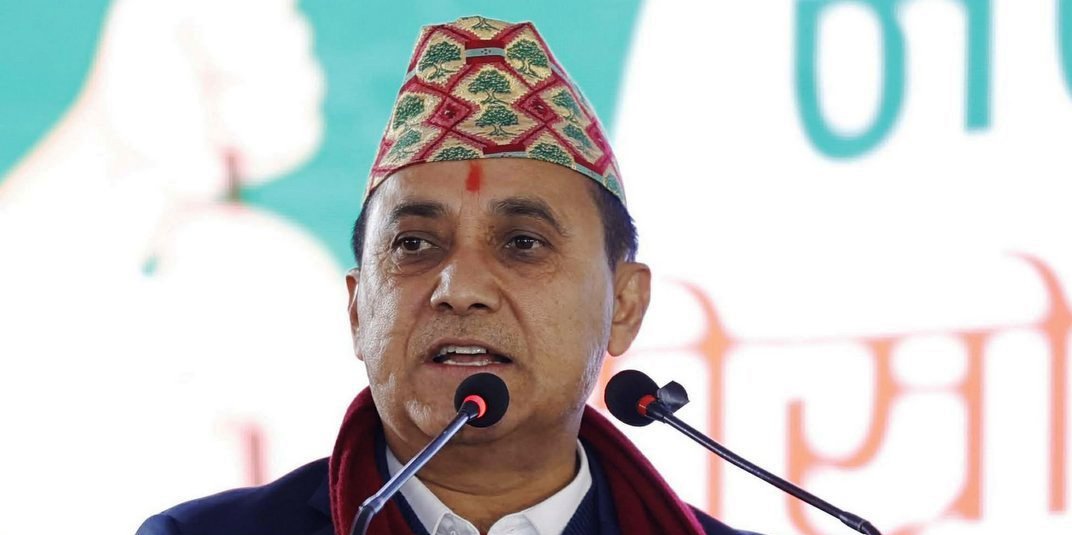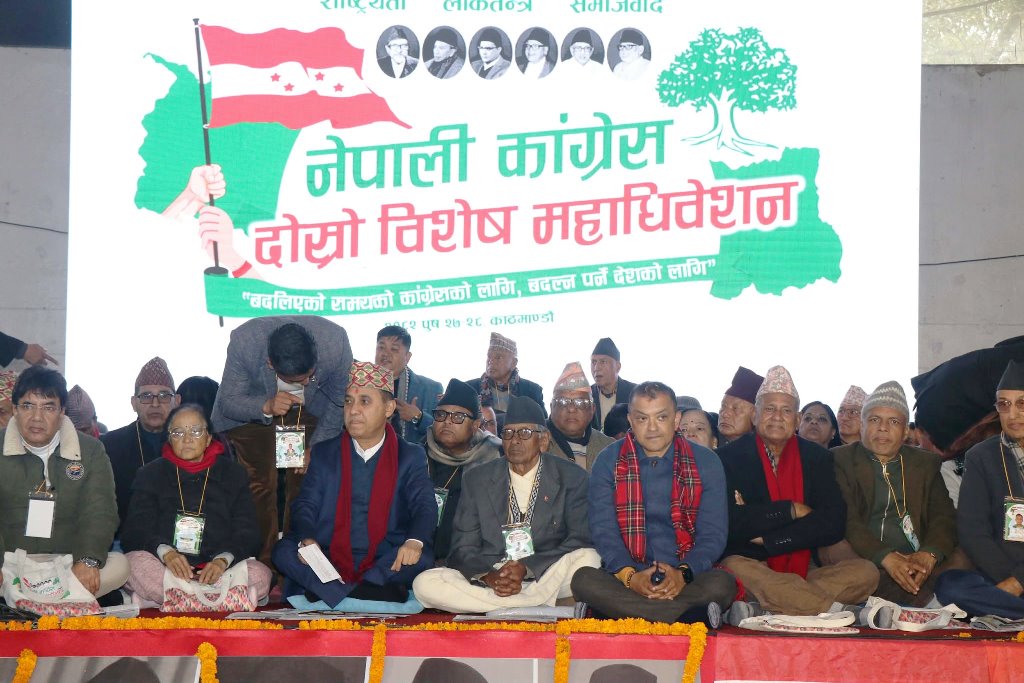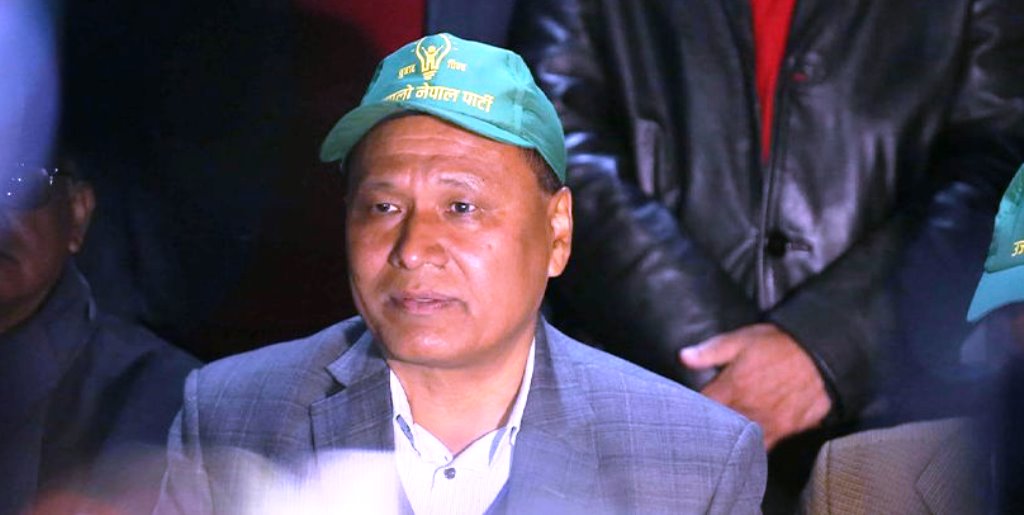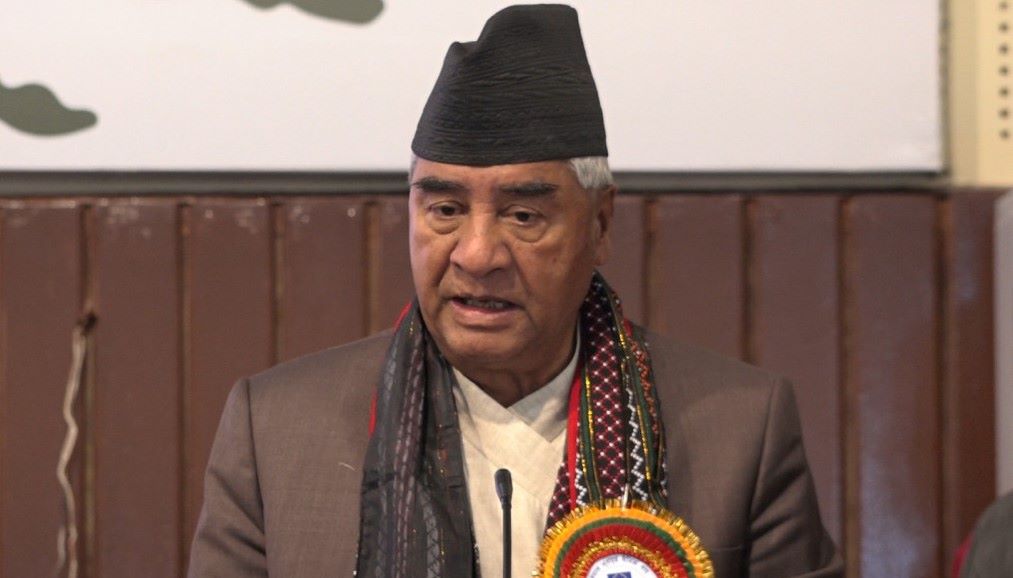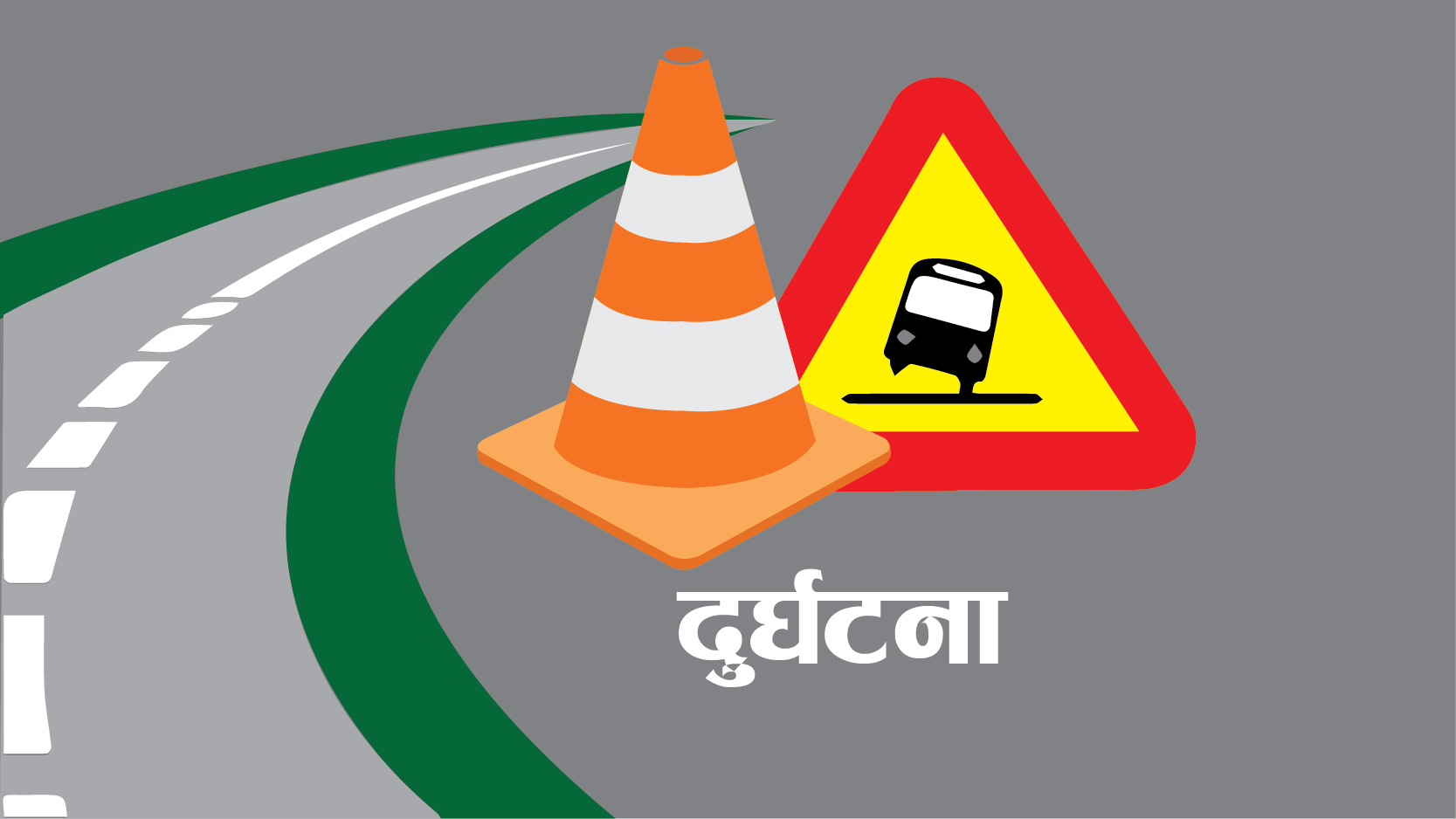Kathmandu – A Nepali peacekeeper deployed in South Sudan has been injured when the soldiers of South Sudan People’s Liberation Army (SPLA) opened fire on Sunday morning. He was shot in the leg.
According to the Directorate of Public Relations of Nepal Army, the injured soldier is out of danger. He is undergoing treatment at a hospital in Juba, Capital of Sudan, Nepal Army informed.
It has been learned that the Nepali soldier was injured when the soldiers of SPLA opened fire on a Nepali peacekeeping team while they were returning to their camp at Yei after collecting water.
Nepal Army has not made public the name of the injured soldier. Nepal’s reserve force battalion in South Sudan protects civilians by patrolling across the country, facilitates the safe delivery of humanitarian aid and provides a secure environment for displaced people living in UN protection camps.
Meanwhile, the UN peacekeeping mission in South Sudan (UNMISS) condemned the attack on its peacekeepers in the Southern town of Yei, where a Nepali peacekeeper was shot and wounded in the leg by the SPLA soldiers.
South Sudan descended into civil war in late 2013, and the conflict has created one of the fastest growing refugee crises in the world. The latest attack on the blue helmets comes less than a week after the parties to South Sudan’s five-year-old conflict signed a peace deal in neighboring Ethiopia on Wednesday.
The UNMISS said prior to the wounding of the peacekeeper, government soldiers had earlier fired an estimated 50 shots about 500 meters from the UN base in Yei.
Nepal is the sixth largest Troop Contributing Country with over 5,100 uniformed personnel currently deployed in UN peacekeeping missions across the world. Nearly 2,000 currently serve in South Sudan. The first group of Nepali peacekeepers reached the conflict-affected country in January 2014, shortly after the outbreak of civil war in December 2013.
Since becoming a member of the United Nations in 1955, more than 100,000 Nepalis have served in peacekeeping missions around the world.


